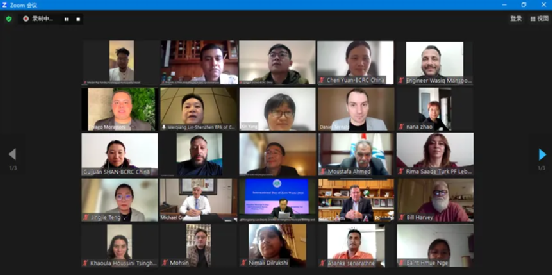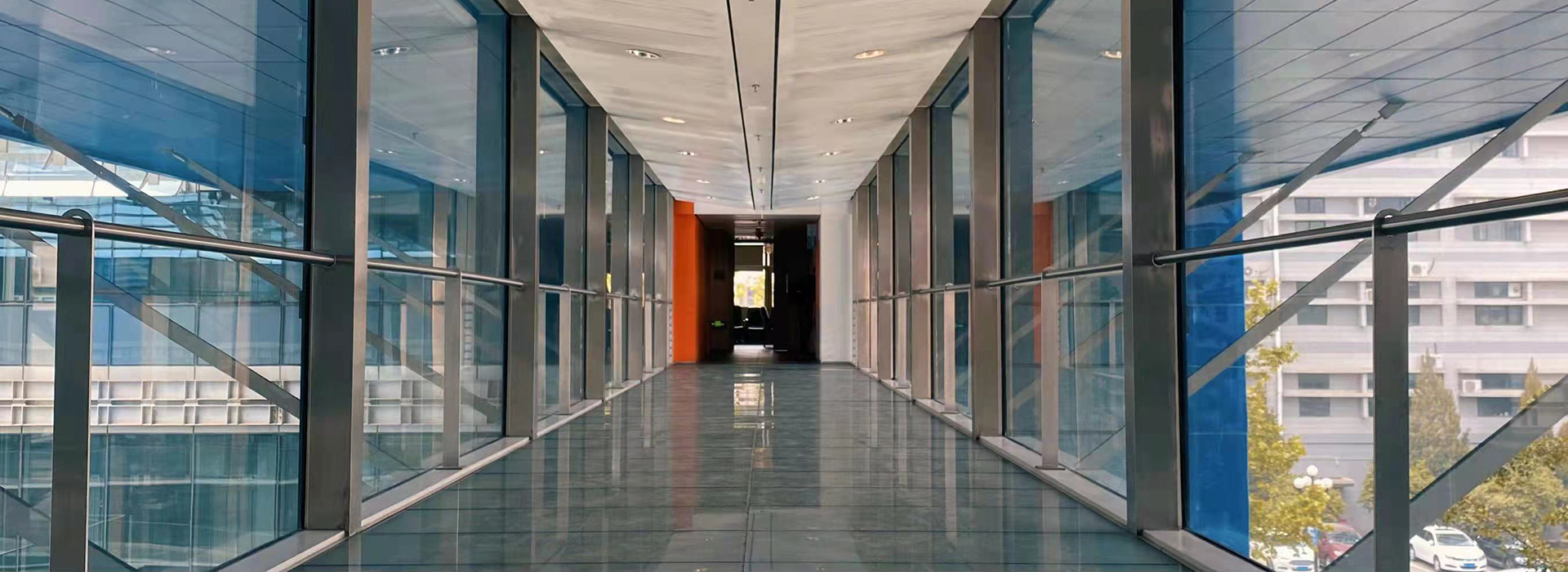On December 14th, 2022, the 77th session of the United Nations General Assembly adopted a resolution declaring March 30th as the "International Day of Zero Waste" with commemorative events scheduled annually starting from 2023. On March 30th, 2024, BCRC China, together with the United Nations Environment Programme (UNEP), the BRS Secretariat, BCRC Egypt, and the Hangzhou Municipal Ecology and Environment Bureau, successfully organized an online seminar for the "International Day of Zero Waste".
The theme of this seminar was "Zero-waste City Construction: A Sustainable Action to Beat Waste Pollution". The seminar was chaired by Li Jinhui, a professor at School of Environment, Tsinghua University and the Executive Director of BCRC China, with opening remarks by Rolph Payet, the Executive Secretary of the BRS Secretariat. The seminar invited representatives from eight cities across four regions to share their experiences in "Zero-Waste City" construction, including Palmerston North in New Zealand, West Torrens and Hobart in Australia, Itajaí in Brazil, Zahlé in Lebanon, and Hangzhou, Shenzhen, and Sanya in China. The seminar was registered on the UNEP official website as part of a series of celebratory events co-organized by UNEP. It attracted more than 80 participants.

Group photo of the attendees
At the seminar, Shan Guijuan, Deputy chief of Zero-waste City Technology Institute, BCRC China, introduced the background, progress, and framework of the International Zero-waste City Network, as well as its scope of work. Jingjie Teng, Chief of Policy Research Office, Solid Waste and Chemicals Management Center, Ministry of Ecology and Environment, introduced the exploration of "Zero-waste City" Construction in China. Luo Rongqiang, Deputy Director of Hangzhou Municipal Ecology and Environment Bureau in Zhejiang, China, Yang Xin, Deputy Director of Sanya Municipal Ecology and Environment Bureau in Hainan, China, and Lin Weiqiang, Chief of the Department of Solid Waste and Chemicals at the Shenzhen Municipal Ecology and Environment Bureau in Guangdong, China, respectively represented Hangzhou, Sanya, and Shenzhen in introducing the advanced experiences of "Zero-waste City" construction in China.
This seminar facilitated the exchange of experiences and successful cases of "Zero-waste City" practices among cities from different global regions. It strengthened the international promotion of China's "Zero-waste City" construction experience and enhanced participants' understanding of the concept of "Zero-waste City" and its importance in promoting sustainable urban development.





